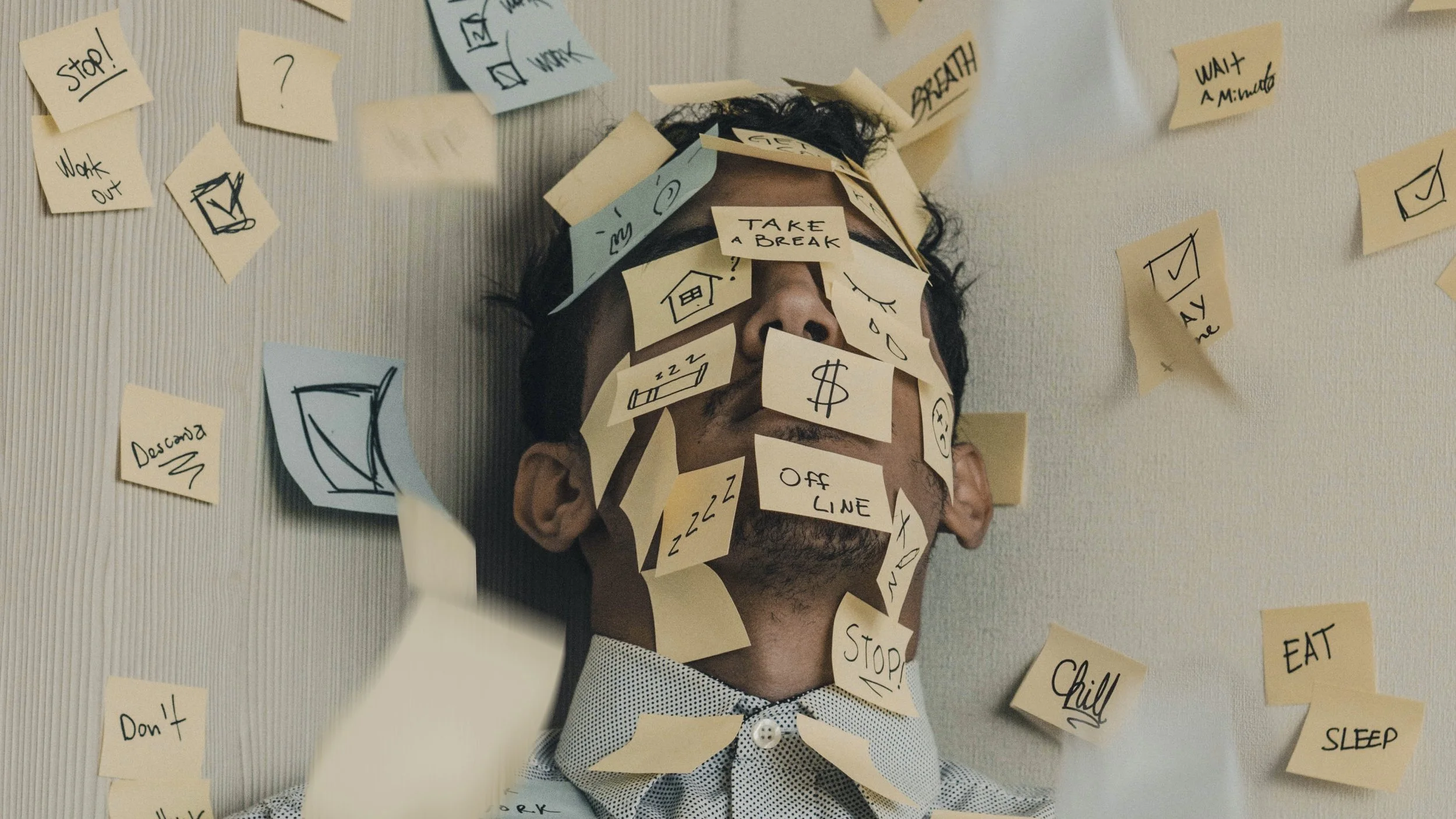4 Reasons You Might Be Having Work Anxiety
Dealing with anxiety daily can have a significant impact on your ability and the quality of your work. But many of us don’t think about the tasks at work that can either cause significant anxiety or exacerbate already existing anxiety. Anxiety can make work life feel out of control, and when the stakes are high it only seems to be worse. It is completely normal to have a bit of nerves before a big project or presentation, but we want to make sure to know what stressors might lead to an overwhelming feeling of anxiety and not just basic nervousness.
What is work anxiety?
When it comes to work anxiety, there are four basic kinds of anxiety many people experience in the workplace.
Imposter Syndrome
Many people deal with imposter syndrome in the workplace, especially when starting a new role. It makes us believe we don’t deserve the new promotion or success that we currently have. People dealing with imposter syndrome often second-guess themselves and dismiss others’ compliments. People with imposter syndrome get anxiety that stems from the fear of someone finding out they are not qualified for the role, despite the fact they have earned it.
Performance Anxiety
Performance anxiety is generally triggered by a big upcoming project or presentation. If you are usually pretty comfortable in your working environment and around your colleagues, but you feel nervous as a big deadline approaches, you are probably dealing with performance anxiety. It tends to be caused by the project or presentation at hand and then soon disappears once the project is successfully completed.
Urgency
If you work in a job that requires crisis management and quick decision-making, the role in itself can be inherently stressful. Think of emergency medical staff, their decision can sometimes mean life or death for another human, and that can cause the body to react if triggered by this stress. For some, this response goes away as soon as they are no longer facing an immediate threat. However, anxiety disorders can develop if chronic workplace stress and trauma are left to accumulate.
Generalized Anxiety
A lot of people carry anxiety with them everywhere, including in the workplace. Many workers are affected by stress, anxiety, or performance pressure at work on a weekly basis, and some feel that daily. Most of us are taught to sacrifice our mental health to achieve peak performance at work. Doing this regularly can generate severe anxiety that can cause generalized anxiety disorders or exacerbate already existing anxiety.
Signs of Work Anxiety
You feel better at night and worse in the morning
You feel tired or achy
You get more sick than usual
You feel physically ill or have panic attacks when thinking about work
You fantasize about quitting or losing your job
You’re irritable or short-tempered
You feel anxiety when checking your email
You find it hard to start working until the last minute
You become afraid of feedback
You take a lot of time off or miss deadlines
You experience brain fog or have difficulty concentrating
Effects of Work Anxiety
Workplace anxiety can leave you feeling physically and emotionally awful. We spend so much time at work or thinking about work which can cause anxiety to quickly make its way into every area of our life. Untreated work anxiety can lead to:
Physical illness and pain
Loss of self-esteem
Reduced self-efficacy
Poor performance
The Solution
If you are looking for a solution to your work anxiety you may be wondering if you should tell your employer. That is a decision that is completely your own to make. If your anxiety is severe enough that it is interfering with your ability to work it is considered a disability. It is illegal to be discriminated against or have adverse action taken against you based on your mental health. However, if it is affecting your performance and your boss is unaware of your anxiety, then they may not even be aware that you are suffering. That is why it is important to learn how to cope with your anxiety both in and out of the workplace. Some ways to cope with work anxiety may be:
Talk with your manager
Talk about previous jobs
Take a day off
The bottom line is that it is impossible to control and always predict when your anxiety symptoms will flare up, but understanding where they stem from, what the symptoms look like, and what you can do to help cope with your anxiety will help make everything manageable. The best way to deal with work anxiety is to just accept that it exists and work on taking care of yourself.
If you are looking for someone to help you manage your workplace anxiety, check out our highly-skilled individual therapists who can work with you to develop healthy coping skills.




